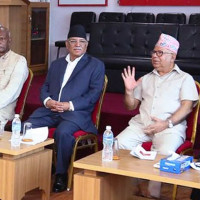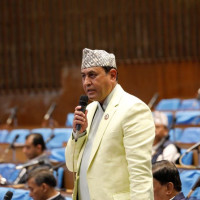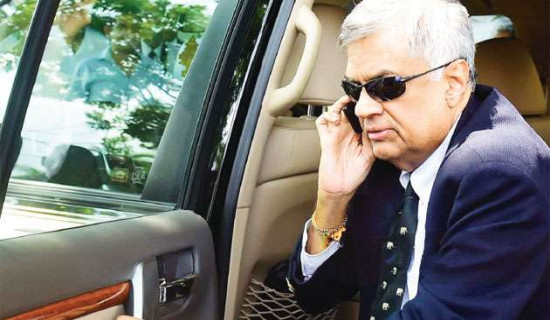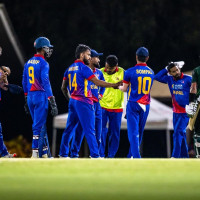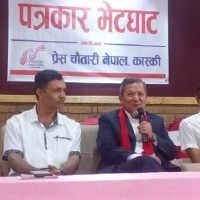- Saturday, 23 August 2025
Essence Of True Love
Green flags. Red flags. The dream proposal. Mesmeric poses. Ideal captions. Grand gestures. Is love the deepest connection we crave, or just another trend we’re desperate to follow? Love has somehow, somewhere, lost its way, shifting from a beautiful, messy connection to a checklist we’re desperate to tick off. Psychologists say love is a basic human need. Sociologists argue it’s a social construct. Biologists see it as a survival instinct. From Attachment Theory to Maslow’s Hierarchy of Needs to Darwin’s ideas on survival, love has been examined and theorised.
Yet, one question remains: Is love something we naturally feel or something we’ve been taught to perform? Love has become more of a societal script rather than an individual experience. Green flags, red flags, bare-minimum behaviour, and unnumbered dating advice columns have become the standards by which to negotiate relationships. While some of these guidelines protect us from toxic dynamics, others reduce love to checklists and performance.
Love is personal, is it not? Shouldn’t an individual's love be personal, like the one based on real experience and not social training? How could something that was intimate become loud, visible, and material? Why do we expect pampering, gifts, or public acts as proof of love? Is it genuine desire or social conditioning? And when we see curated versions of “love” online, do we feel pressured to replicate them, even if they don’t resonate with us?
We seem to be waiting for a love that feels like a movie scene: someone who would break the stars and bring them down for us, ticking every box of the so-called “Green Forest” of expectations. But in chasing this idealised version, are we missing out on the raw, imperfect connection that love truly is? Love is complex at its core. It is care and knowledge and intimacy, and it works best in the quiet, where no audience is required. Perhaps it is past time to allow social constructs to determine how we love and instead pay attention to what love feels like within us.
This obsession has even led to a strange kind of FOMO (fear of missing out), not about trends, but about intimacy and relationships. And when we see someone else’s curated version of “love “on social media, do we feel pressured to replicate it, even when it doesn’t resonate with our hearts? Love today feels like a trial-and-error experiment, trying one relationship after another, hoping that maybe the next person will “click” or fit into our checklist.
Exploring relationships is growth. Yet somewhere in the process, we risk losing the pure, real nature of love, the one about embracing a person as they are, beyond ticking boxes. Of course, love isn’t about tolerating any imperfection blindly or molding someone to fit our checklist. True love is about evolving together, accepting flaws, and building an authentic connection, not a performance for social media. Love isn’t about having it all, it’s about feeling it all.
Perhaps love is both a social construct shaped by culture and a deep human need for connection. The real danger is when we mistake the appearance of love for its true feeling. Maybe the most honest love is the one we experience quietly, unperformed, uncurated, and uniquely our own.




